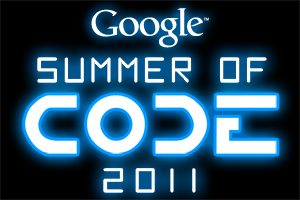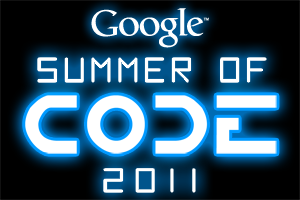
Google Summer of Code is a global program where university students are given a stipend to write code for open source projects over a three month period. Through Google Summer of Code, accepted students are paired with a mentor from the participating projects, gaining exposure to real-world software development and the opportunity for employment in areas related to their academic pursuits. Best of all, more source code is created and released for the use and benefit of all.
Google Summer of Code is a highly competitive program with a limited number of students being accepted. We are pleased to announce that this year we have enlarged the program so that we can accept as many as 150 additional students. We hope all interested students will apply!
Now it is time for the students to submit their proposals to the accepted mentoring organizations via the Google Summer of Code program website from today through Friday, April 8th 19:00 UTC. For the past 10 days students have had the opportunity to review the Ideas pages for this year’s 175 accepted projects and to research which projects they would like to contribute to for this year’s Google Summer of Code.
Every year we have thousands of students who apply for the Google Summer of Code program but due to the limited number of slots many students are not able to be a part of the program. The quality of your proposal is what will make you stand out from your peers. Students should consult the Google Summer of Code student manual for suggestions on how to write a proposal that will grab the attention of the mentoring organizations. Multiple proposals are allowed but we highly recommend focusing on quality over quantity. The mentoring organizations have many proposals to review, so it is important to follow each organization’s specific guidelines or templates and we advise you to submit your proposal early so you can receive timely feedback.
For more tips, see a list of some
helpful dos and don’ts for successful student participation written by a group of experienced
Google Summer of Code administrators, our
user’s guide for the program site,
Frequently Asked Questions and
timeline. You can also stay up-to-date on all things
Google Summer of Code on our Google Open Source
blog,
mailing lists or on IRC at #gsoc on
Freenode.
Good luck students and remember to submit your proposals early–you only have until April 8!

